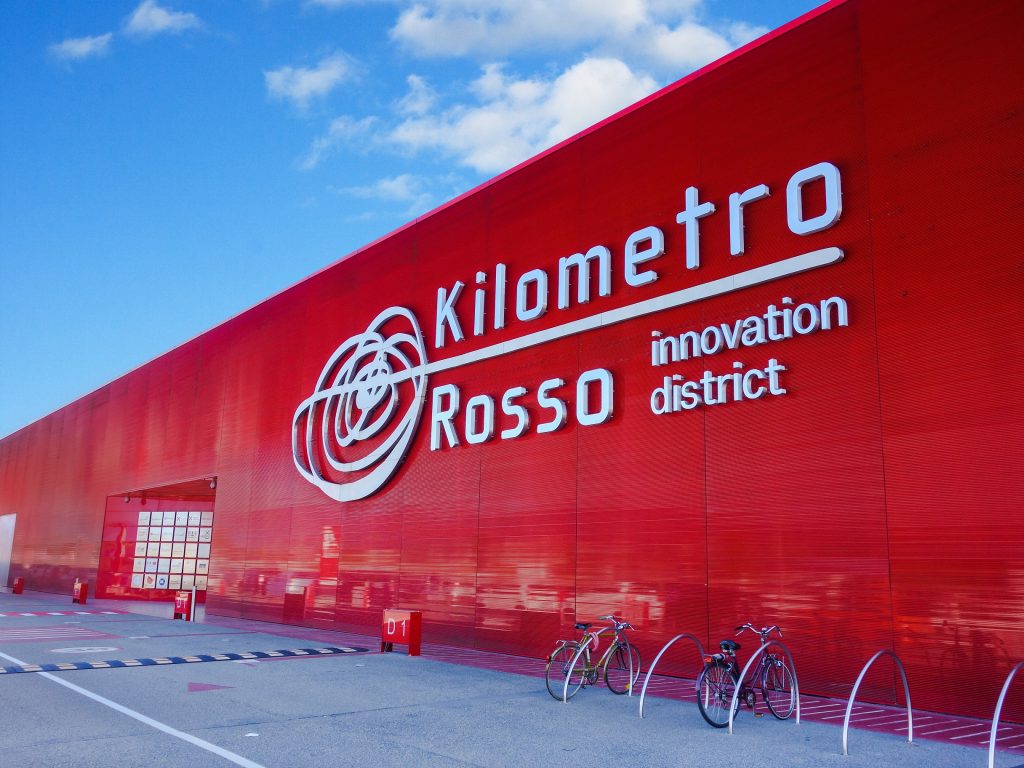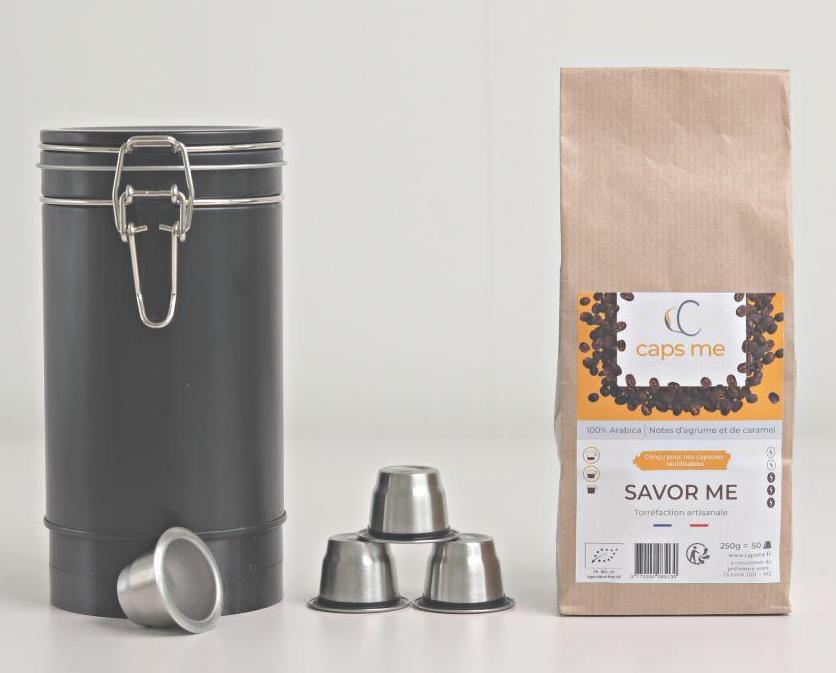Italian 3D printing start-up Additive Appliances has been awarded funding to support its R&D of a novel additive manufactured heat exchanger for domestic coffee machines.
Having gained backing from the EU Digital Innovation Hub and tech accelerator Kilometro Rosso Innovation District, the firm now aims to blend 3D printing with traditional production processes, as a means of integrating thermoregulation devices into coffee makers that offer size, efficiency and sustainability gains over those fitted to normal appliances.
“If we look at the history of consumer products, major state-of-the-art advancements usually belong to new or improved technology,” Tommaso Beccuti, CEO of Additive Appliances told Metal AM. “We are now adding digital manufacturing technologies to that list, pioneering the exploration of a new design and manufacturing space for coffee machines.”
“We believe many other appliances can be enhanced by AM, and our vision goes beyond coffee. Working with Kilometro Rosso will be a further step to fulfil it.”

Innovation at Kilometro Rosso
Working from its base in Bergamo, Italy, Kilometro Rosso is a tech accelerator that offers a range of services designed to help start-ups like Additive Appliances fund and develop their ideas, before bringing them to market. The organization terms the first step of the path to achieving this as ‘technology transfer,’ a process in which it scouts, identifies the potential value of and protects new products from duplication.
To help facilitate this early-stage of start-up development, Kilometro Rosso works with various partners, notably ceramic 3D printing specialist CeramTec and training lab Lisa Tech. The latter hosts tuition, research and service activities for those seeking to switch to additive manufacturing, and to make things easier for partners, it also boasts both extensive manufacturing and part qualification capabilities.
Thanks to its partnership with EOS, for instance, the lab is fitted with the EOS M290 DMLS 3D printer, a system that has now gained Fehrmann Alloys high-performance aluminium compatibility, as well as the design, post-processing, tomographic analysis and quality control gear to make it ideal for those start-ups seeking to validate initial designs.

Turning up the heat on obsolescence
Set up earlier this year in Torino, Additive Appliances is a company dedicated to developing a ‘new generation of household appliances,’ comprising both coffee machines and personal care products. Between them, the firm’s founders say they have over fifty years’ business experience, including stints as executives at 3D printing companies, knowledge they’ve now drawn upon with their first device.
In essence, Additive Appliances’ maiden product is an optimized heat exchanger for coffee makers, devices that it says are generally vital to water temperature control, and generating the tastiest possible brew. Many existing machines are fitted with electrothermic devices composed of multiple parts that allow them to achieve this, but their embedded nature makes them very difficult to recycle.
By contrast, thermo mechanical heat exchangers feature fewer components, thus they’re much easier to recycle, but they tend to yield less precise, repeatable or quality results. To help coffee aficionados overcome this trade-off, Additive Appliances has come up with a way of integrating 3D printing into the part’s production process, that unlocks eco-friendlier embedded devices.
The firm says that the introduction of additive manufacturing into the process also enables heat exchangers to be customized, raising the prospect that they could be tuned to deliver a particular type of coffee, or meet the needs of specific users.
To bring its novel device to market, Additive Appliances has now not only gained EU backing but also recognition as a winner in the AM Ventures’ Additive Startup Italia competition. The company intends to continue working with Kilometro Rosso at its Lisa Tech Lab, which houses the LPBF printers, aluminium and titanium expertise, and tomography systems needed to develop a fully-fledged product.
“We are always open and receptive to innovation, serving partners and supporting all innovative initiatives which are projected towards the future,” added Giuseppe De Marco, Additive Manufacturing Engineer at Kilometro Rosso. “We are glad to support Additive Appliances through Lisa Tech. We are sure the collaboration will lead to new solutions development enabled by AM technologies.”

Chasing the perfect brew with AM
Perfecting the coffee-brewing process may not be the first thing that comes to mind when people think of 3D printing, but surprisingly, the technology has been used to achieve this several times before. Earlier this year, French start-up CAPS ME partnered with ARMOR subsidiary KIMYA to serially 3D print reusable eco-friendly coffee capsules.
Likewise, sustainability-focused product developer Nexe Innovations has also used 3D printing in the R&D of its own compostable plant-based coffee pod. Over the last eight years, the company says that adopting the technology has enabled it to rapidly iterate upon its designs, and develop a product compatible with commercial Nespresso machines.
Brooklyn-based design firm CRÈME, on the other hand, has taken a different tack to creating the optimal cuppa, and used 3D printed molds to produce fully-biodegradable tableware. Made from gourd fruits, the firm’s ‘HyO-Cups’ are grown inside the molds at a large container laboratory, before being dried, hardened and used as coffee cups.
To stay up to date with the latest 3D printing news, don’t forget to subscribe to the 3D Printing Industry newsletter or follow us on Twitter or liking our page on Facebook.
For a deeper dive into additive manufacturing, you can now subscribe to our Youtube channel, featuring discussion, debriefs, and shots of 3D printing in-action.
Are you looking for a job in the additive manufacturing industry? Visit 3D Printing Jobs for a selection of roles in the industry.
Featured image shows two cups of coffee being poured via a coffee machine. Image via Chevanon Photography, Pexels.


